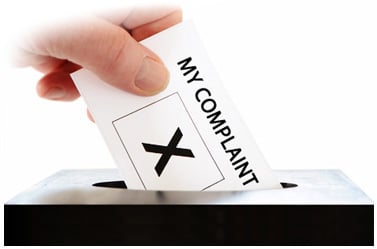By 2020, the ecommerce industry will be raking in the big bucks. A NASSCOM report stated the country’s online shopping segment will take up 2/3rd of the ecommerce market by then. Morgan Stanly said the country’s ecommerce market will be at $119 billion in 2020.
Etailers are looking forward to this and so is the government. The Indian government sees potential in this segment of business. It believes ecommerce can create more jobs for small time entrepreneurs who find traditional business to expensive to initiate and manage. And the best way to start an ecommerce business is by selling on online marketplaces. But, when issues arise plans for the future come to a grinding halt.
Addressing ecommerce complaints
On Thursday, online different issues pertaining to ecommerce companies were addressed. Top officials met at the Prime Minister’s Office (PMO) and discussed complaints etailers have about current rules and how they are too restrictive. Also, the pending drafting of a long-term plan for employment generation sector by NITI Aayog committee was discussed.
A government official who attended the meeting revealed, “There are a number of issues confronting the sector, including foreign investment, taxation.”He continued saying, “The idea was to take a stock.”
Under the NITI Aayog chief executive officer, Amitabh Kant, the government already established a committee to review ecommerce company issues and ecommerce policies. But the PMO got involved in the matter when ecommerce players went to numerous departments several issues due to the non-existence of a single regulatory body or nodal ministry.
What issues were discussed during the meeting at the PMO?
The issues raised included: like marketplace curbs, taxation and offline-online conflicts.
Taxation
Taxation has become a main problem area for online marketplaces. Inter-state government taxes being the major restrictive problem they have to deal with. States like Gujarat, Bihar, Assam and Rajasthan have implemented entry taxes on goods coming from other states. Some also plan to impose VAT in addition to service tax imposed by the Central government. In Uttar Pradesh and other states consumers must file declarations with the VAT department in the state for purchases exceeding Rs. 5,000
Etailers say they are merely facilitators and should only have to pay service tax.
Foreign direct investment policy
The FDI policy laid down by the Department of Industrial Policy and Promotion (DIPP) in March, was discussed. The policy framework aims to level the playing field between online and offline businesses. But to do this it prevents price influence through discounts and a single seller on an online marketplace from making more than 25% sales.
A report must be submitted in a month’s time by the NITI Aayog committee. The report must spell out a framework and provide predictability to overall sectoral policy.
The NITI Aayog committee is expected to submit its report in a month’s time, spelling out a clear framework and bringing about predictability in the overall sectoral policy.
Does this mean Indian ecommerce is one step closer to forming a regulatory body?

No comments:
Post a Comment